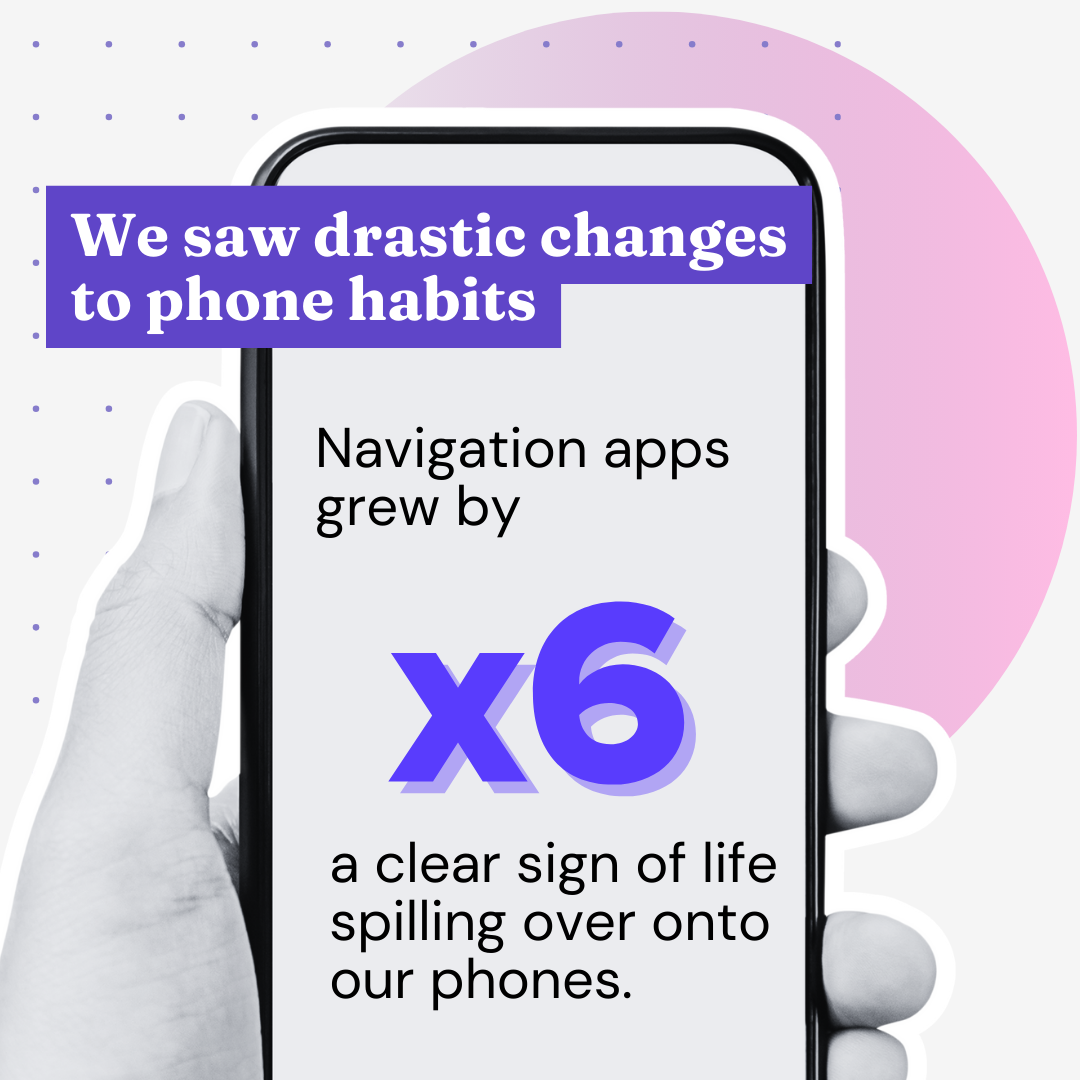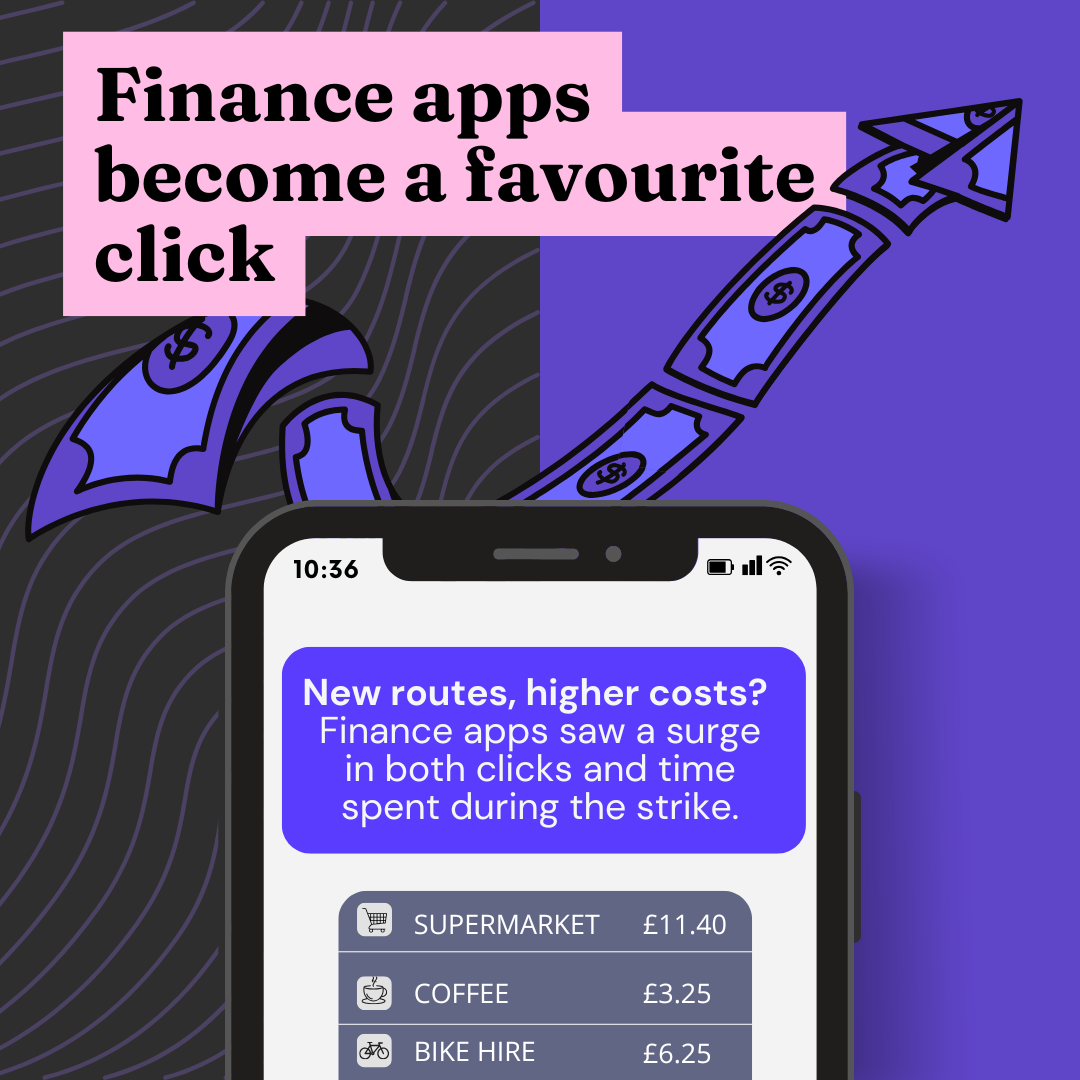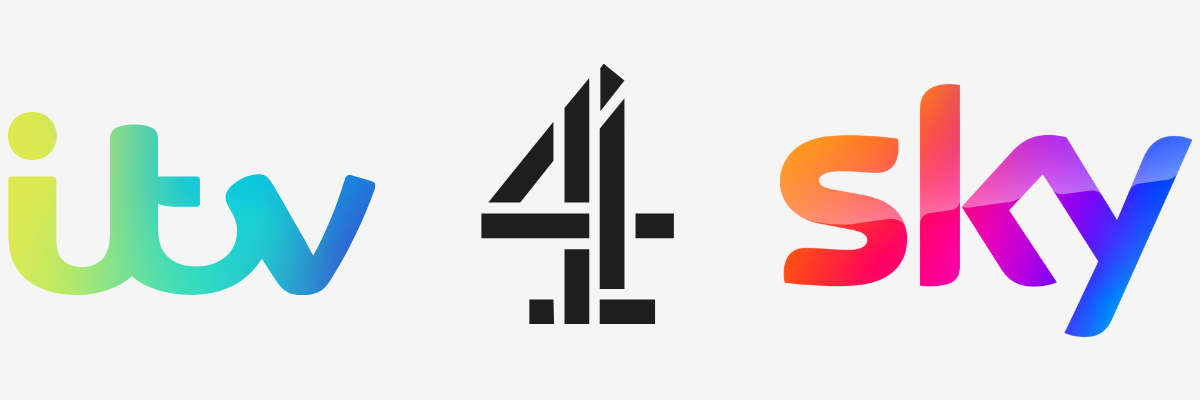Last week, Londoners have struggled with their daily commute. Already a dreaded ritual of awkward barges to squeeze in and out of carriages, inside hollow metal containers blasting lukewarm air into your face, the tube experience has now reached a new peak of insufferability: they’re not running.
Tube workers have organised a five-day strike from September 8-12 to raise concerns over poor working conditions that have long been overlooked by senior management. Staff often work long, irregular hours, raising serious worries about mental health and overall well-being. The disruption has been widely covered across social media and news outlets, forcing commuters to seek alternative ways of getting around the capital- but have you wondered how it’s also reshaped smartphone habits?
When Transport Stops, Digital Habits Shift
Big events like the London Tube strikes don’t just change how we get around- they can alter our relationship and dependence with our phones. From maps to music, the ripple effects show up in surprising ways... That’s where Measure Protocol comes in. As a data-behavioural company, we capture real insights and actions from our community of users to show exactly how events like this mirror and warp digital environments. Let’s explore what the strike revealed.

Using real data from our users across London and Greater London, we saw a direct impact on how the strike reshaped typical smartphone habits. As expected, navigation applications experienced a sixfold increase, with services like Google Maps, and Uber seeing massive spikes in usage popularity. Mobile productivity experienced a significant increase, more than doubling, compared with previous weeks, reflecting how many people shifted to working from home or even were able to work and commute. Meanwhile, reporting apps such as BBC News and BBC Weather saw a modest 19% uplift, suggesting commuters were checking in for updates on the strike, with concerns on what the unpredictable British weather has in store for them.

While these shifts may feel straightforward, our dataset also revealed some less obvious changes. Finance apps climbed sharply, as users kept a closer eye on spending, likely tracking the cost of alternative travel options during the strike ahow much they’ve saved by switching to cheaper travel alternatives. Music app's popularity in usage also grew 129%, with podcasts and playlists accompanying longer walking commutes. And finally, food delivery apps like Deliveroo surged in popularity, as Londoners swapped disrupted trips to restaurants for the convenience of meals delivered to their doors by x5.
Together, these trends show that the tube strike didn’t just disrupt travel - it reshaped real measurable digital behaviour, from how people moved, worked, relaxed, and even ate. We measured and analysed a lot of substitutions in app usage behaviour for transportation, and typical app usage.
Interested in knowing how your phone habits measures up with others across the UK? Join the MSR TV panel by signing up by here.
Help uncover ground-breaking research, a panel backed by the UK's biggest broadcasters.

Want to speak to us? Shoot us an email at support@measureprotocol.com





